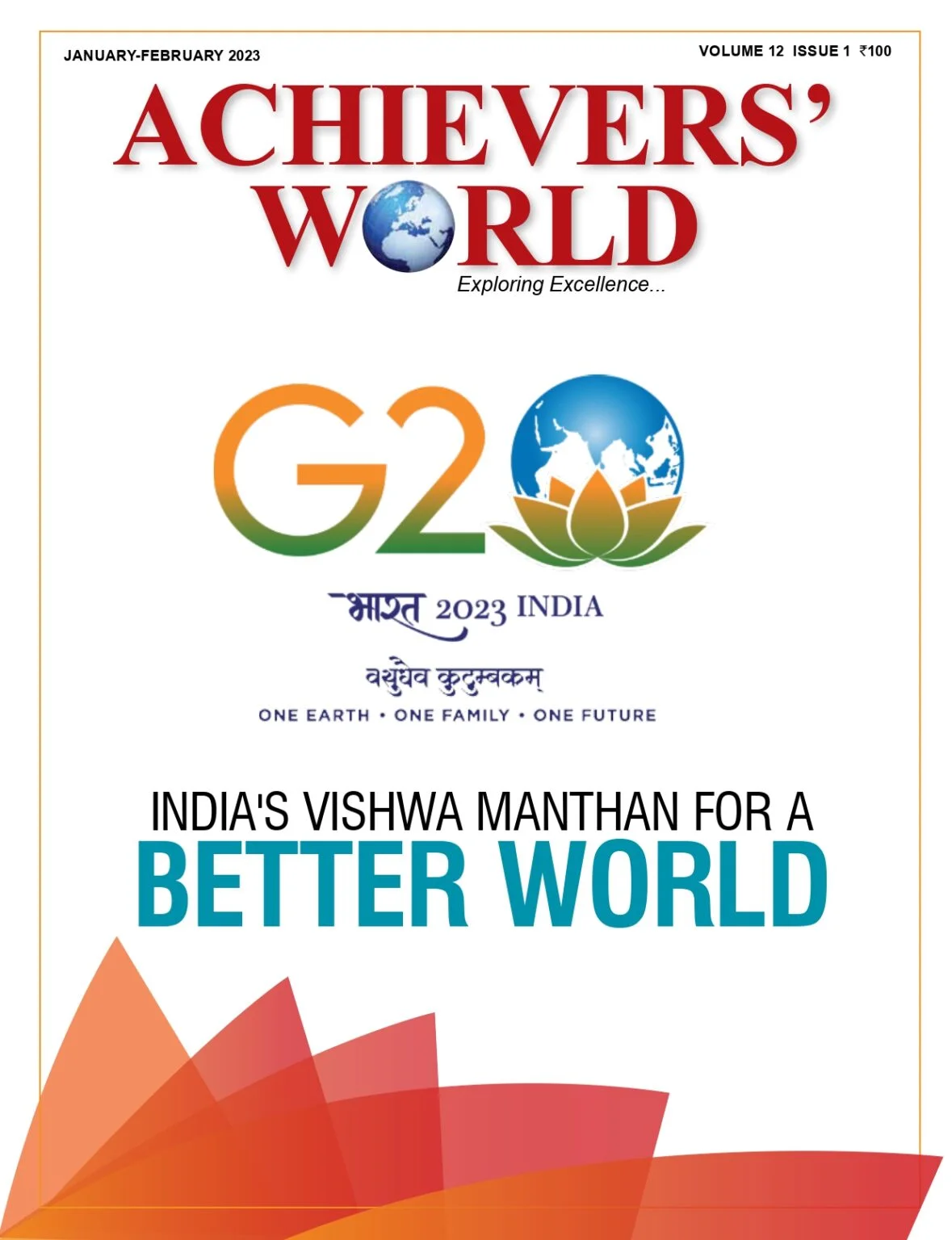In today’s fast-paced corporate world, the importance of emotional intelligence (EI) in leadership cannot be overstated. C-suite executives are increasingly seeking the guidance of professional coaches to enhance their leadership skills and navigate the complexities of their roles. As a soon-to-be Professional Certified Coach (PCC) from the International Coaching Federation (ICF), I have seen firsthand the transformative power of coaching in developing emotionally intelligent leaders.
The Modern Corporate Landscape
Imagine a bustling corporate environment where decisions made in the boardroom ripple through the entire organization, affecting hundreds, if not thousands, of employees. In such a high-stakes atmosphere, the ability to lead with emotional intelligence is crucial. This is where executive coaching plays a pivotal role.
Story of Transformation: Example of An Executive’s Journey
Meet Emily, a successful but overwhelmed CEO of a rapidly growing tech company. Despite her impressive technical skills and business acumen, Emily struggled with managing her team and fostering a positive workplace culture. Recognizing the need for improvement, Emily decided to work with an executive coach. Over several months, her coach helped her develop key emotional intelligence competencies. The transformation was profound, leading to a more engaged workforce, better decision-making, and a significant improvement in company performance. Let me know try and correlate the next few points in context to this example just to help you find the essence.
The Role of an Executive Coach
Enhancing Self-Awareness
Emily’s coach guided her through self-reflection exercises, helping her identify her strengths and areas for improvement. By becoming more self-aware, Emily could understand how her emotions and behaviours impacted her team.
According to a study by TalentSmart, 90% of top performers have high emotional intelligence, highlighting the link between self-awareness and leadership effectiveness.
Developing Empathy
Through role-playing and feedback sessions, Emily learned to listen actively and understand her team members’ perspectives. This empathy helped her build stronger relationships and foster a collaborative work environment.
Research from the Center for Creative Leadership shows that leaders who demonstrate empathy have employees who are more engaged and loyal.
Effective ;p; Skills
Emily’s coach worked with her to refine her communication style, ensuring she could convey her vision clearly and inspire her team. They practiced techniques like active listening, non-verbal communication, and effective feedback.
A study by Salesforce found that 86% of employees and executives cite the lack of effective collaboration and communication as the main causes for workplace failures.
Managing Stress and Building Resilience
Emily often felt overwhelmed by the demands of her role. Her coach introduced stress management techniques such as mindfulness and resilience training, helping her maintain composure under pressure and lead by example.
The American Institute of Stress reports that 80% of workers feel stress on the job, making stress management a crucial skill for leaders. There are enough reports for India as well that draw similar insights.
Driving Change and Innovation
Emily’s coach encouraged her to embrace change and foster a culture of innovation. By supporting her team through transitions and encouraging creative problem-solving, Emily could drive her company forward.
According to a PwC survey, 65% of executives recognize the importance of innovation in maintaining a competitive edge, underscoring the need for leaders who can navigate and lead change effectively.
The Impact of Coaching on Corporate Success
The benefits of executive coaching extend beyond individual development. When leaders like Emily enhance their emotional intelligence, the entire organization reaps the rewards. Improved communication, increased employee engagement, and a stronger company culture are just a few of the positive outcomes.
Why C-Suite Leaders Seek Coaching
Getting the Edge– In a competitive market, emotionally intelligent leaders can differentiate their organizations by imbibing a positive and productive workplace culture which needs consistent effort top down.
Becoming better version– Coaching provides a safe space for leaders to explore their strengths and weaknesses, promoting continuous personal and professional development.
Organizational Impact– Leaders who invest in coaching not only enhance their own skills but also positively influence their teams and the broader organization.
The Path to Emotionally Intelligent Leadership
As Emily’s story illustrates, the journey to becoming an emotionally intelligent leader is transformative and impactful. Through the guidance of an executive coach, leaders can develop the skills necessary to navigate the complexities of the corporate world and lead with empathy, resilience, and innovation.
Final Thoughts: Your Journey Begins Here
Are you ready to embark on this journey? As a soon-to-be PCC coach, I invite you to explore the possibilities that coaching can offer. Whether you’re a C-suite executive or an emerging leader, developing your emotional intelligence through coaching can unlock your full potential and drive your success.
Author’s Note:
As a soon to be PCC coach, my commitment to adhering to ICF’s core competencies and ethical guidelines ensures that my coaching practice is of the highest standard. The journey of coaching is one of continuous learning and growth, both for the coach and the client. Embrace this journey and discover the transformative power of emotional intelligence in leadership.

-Ankoor Dasguupta
Executive Leadership Coach, Thought Leader and Marketer











